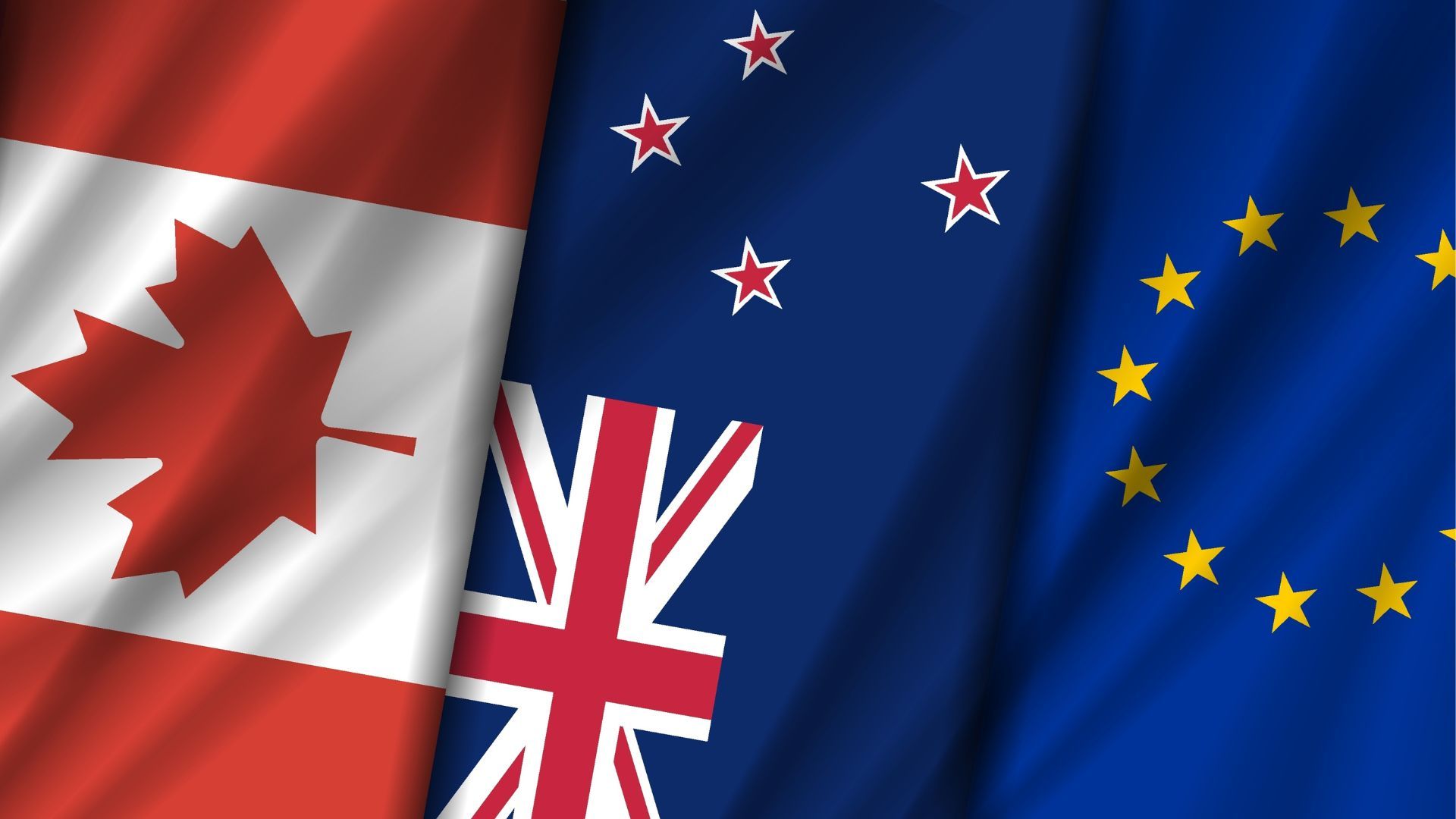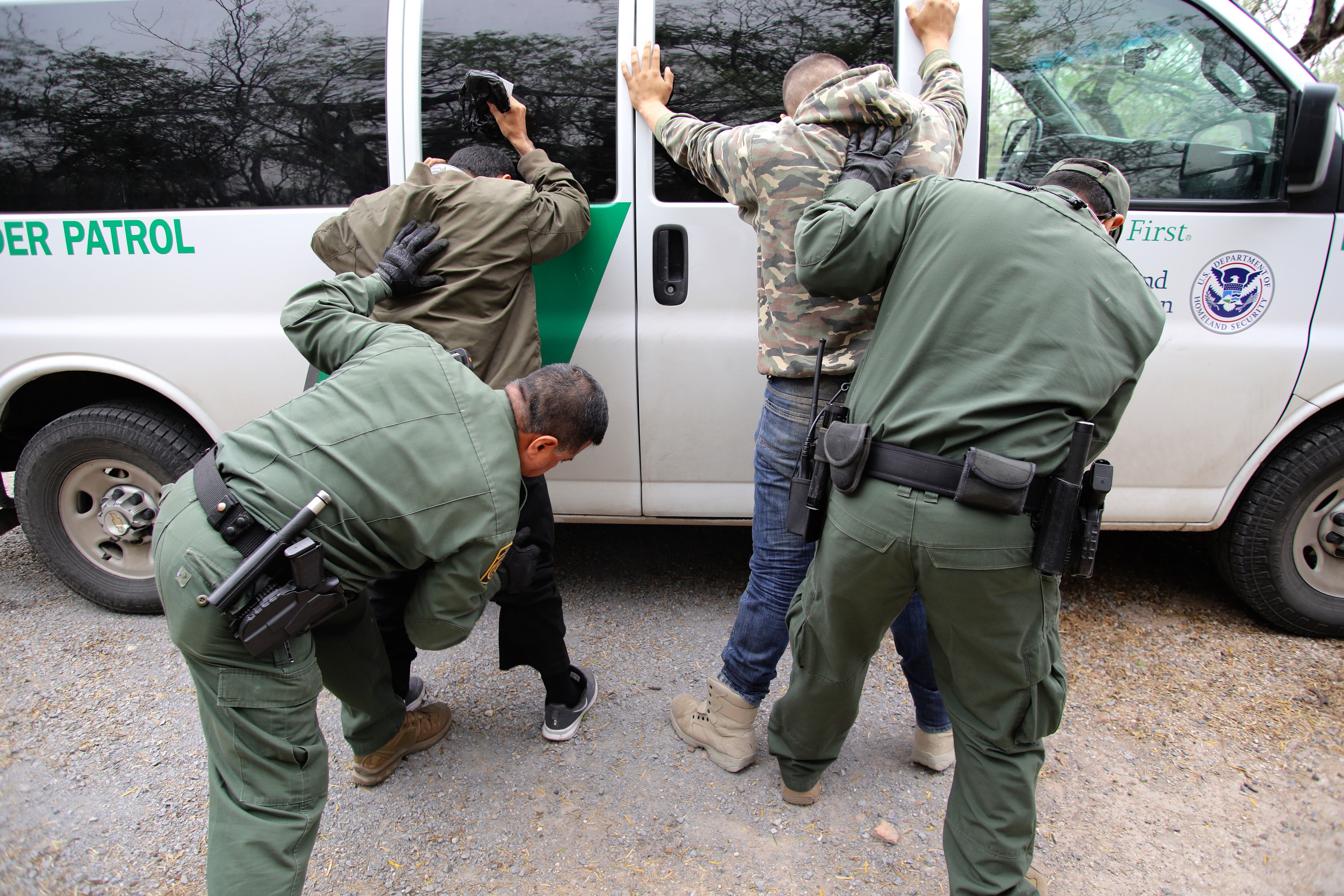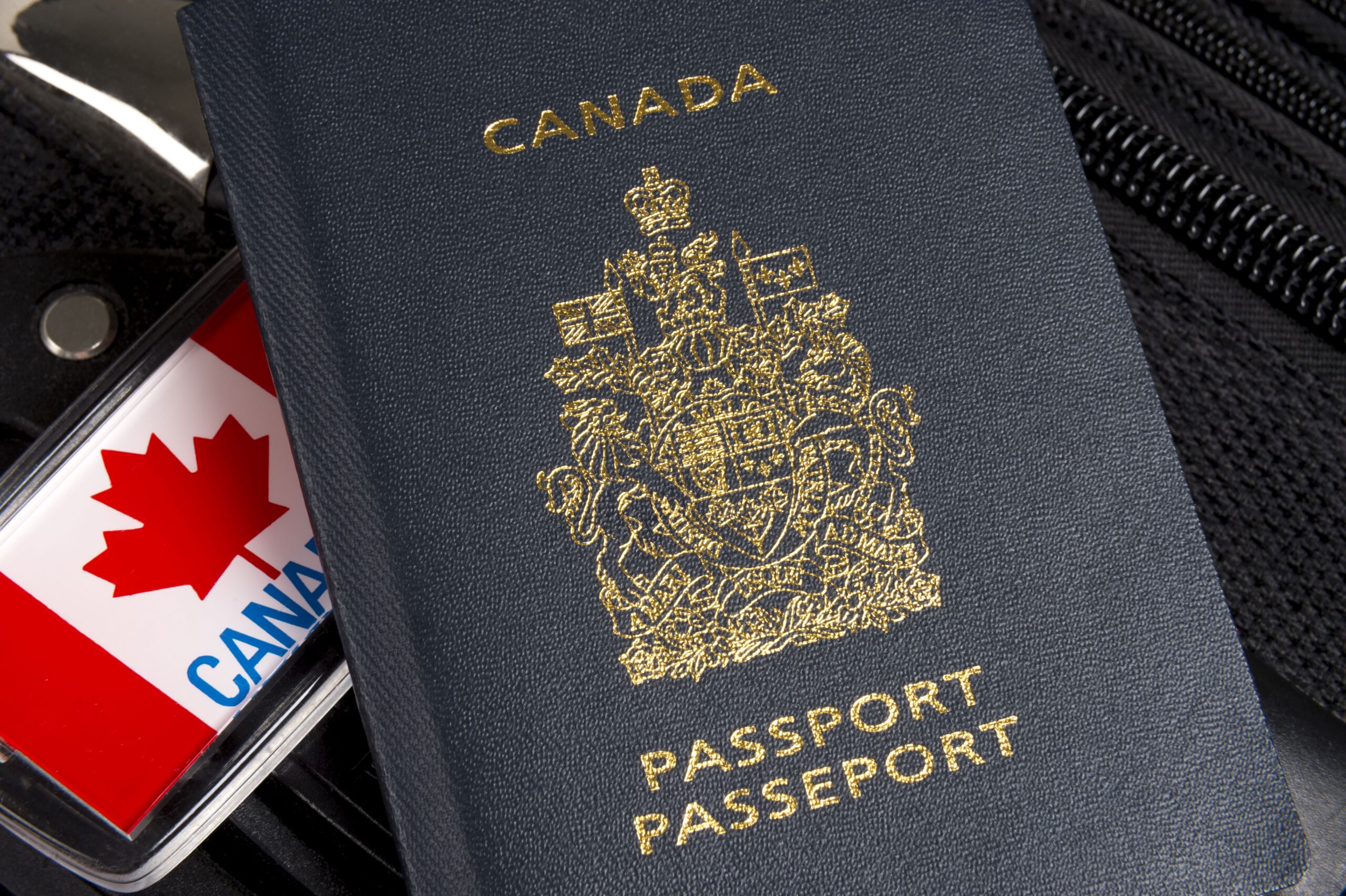The Canadian government has renewed its citizens’ U.S. travel advice, warning travelers to “Expectation Review” and inspection of electronic equipment for border entries When visiting the country.
U.S. border officials have the right to check travelers’ mobile phones and electronic devices, such as laptops and tablets, without providing reasons, an updated travel advisory on the government’s website warns U.S. border officials have the right to check travelers’ mobile phones and electronic devices, such as laptops and tablets.
Border officials can also ask for passwords to access such devices. If a traveler fails to comply with providing a password for search purposes, the Canadian government warns its citizens that they can confiscate their equipment and may refuse to enter or deport back to Canada.
“U.S. authorities strictly enforce entry requirements. Reviews are expected at ports of entry, including electronic devices. Compliance and will be conducted in all interactions with border authorities. If you are denied entry, you can be detained while waiting for deportation,” the website reads now.

Related
The latest warning comes after the U.S. president’s move to borders and immigration policies
The topic has been discussed almost every day since the executive order was signed in February to tighten U.S. borders and cut immigration.
Fearful international students and foreign nationals have stopped at border checkpoints since the signing of the executive order on February 1 and have been questioned by ice and border officials.
Hundreds of international tourists, including Canadians, suffered hostile officials at U.S. border entry checkpoints, many told them that they had “via violations” and had been arrested on the spot, taken to immigration detention centers, and detained within days and weeks before being deported back to the country.
For foreign officials, the subject and action have been so much so that nearly a dozen countries, including Canada, warn their citizens in travel advisory that if their visas are non-compliant, if they do not have proper “new authorized” immigration documents, the consequences await their U.S. borders, can now search for their electronic devices.
The backups for national immigration and border checks are as risky as Russian roulette for foreign nationals visiting the United States. Border officials have the full authority to decide who they wish to search and interrogate. And, with the recent trade war launched by the U.S. president, Canadians are very angry about what happened, and even
Protests on travel and vacation in the United States
Until things get better, making them an easy target because border officers are not keen on their opinions.
“What are they [border officers] Evidence that should be scanned indicates that someone will commit a crime or violate the terms of their entry visa. But once officers are lying around on the phone, you know they have a range of risks. As you said, they might just be looking at someone who says “I’m angry with the president of the United States” or “I’m honored to be Canadian, and that makes me angry because the United States just imposed tariffs or anything else on us,” Schwartz said.

Related
What actions can travelers take to prevent unnecessary searches of personal electronic devices
Immigration lawyers are weighing the new “immigration” laws being enforced by U.S. border checkpoints and advise travelers on what their options are if they want to avoid unnecessary searches for personal electronic devices.
Not adopting your personal technology is one way to protect yourself as a traveler entering the United States. Instead, bring a burner phone that doesn’t require all your personal information, photos, messages and deletion history, and make sure to leave your personal phone at home away from prying eyes.
“For many people, the phone is a window to the soul. It has letters to your spouse and its calendar shows everyone you meet. So for many people, they may want to take precautions to keep this information safe,” said Adam Schwartz, director of privacy litigation for electronics in San Francisco.
Many foreign travelers have stopped at border checkpoints and then were detained and refused to enter after agents found that they had deleted photos of what they believed to be a threat to national security.
SMS containing traveler’s personal opinion
About the current US President.
If you have to adopt your personal device, an updated travel consultation urges citizens to put their devices in aircraft mode before reaching the border crossing point to prevent accidental downloads of remote files, which may complicate screening.
“The security and investigations at the border have been investigated higher,” said Heather Segal, immigration attorney and founding partner of Toronto’s Segar immigration law. “Just a huge fear, for a variety of reasons. First, fear of being detained. Fear not to fall into the United States.”
“For someone who wants to protect himself, obviously, the choice is not to go to the border entirely or go to the border and want to get the best. If the border forces ask for a phone call, then there are pros and cons of unlocking. There are pros and cons of rejection and potential bounce.”
“What people have to decide before they reach the border is how much privacy intrusions they can tolerate.”
